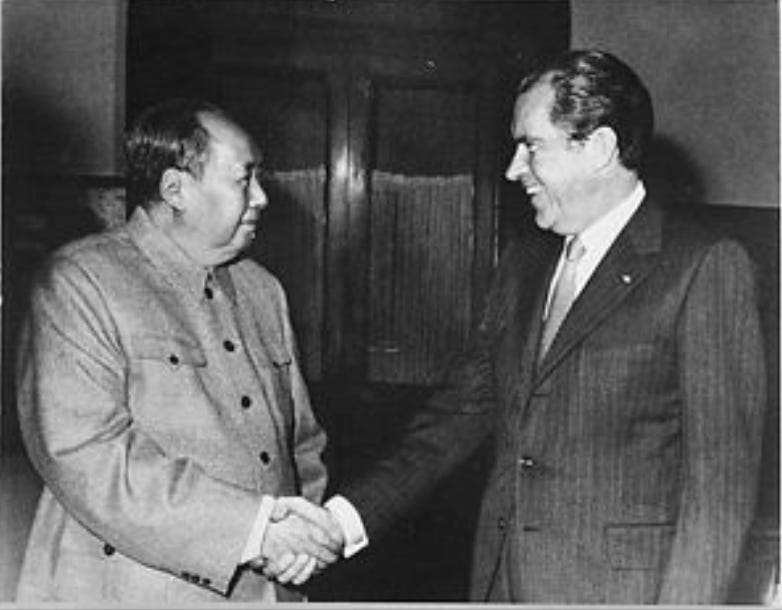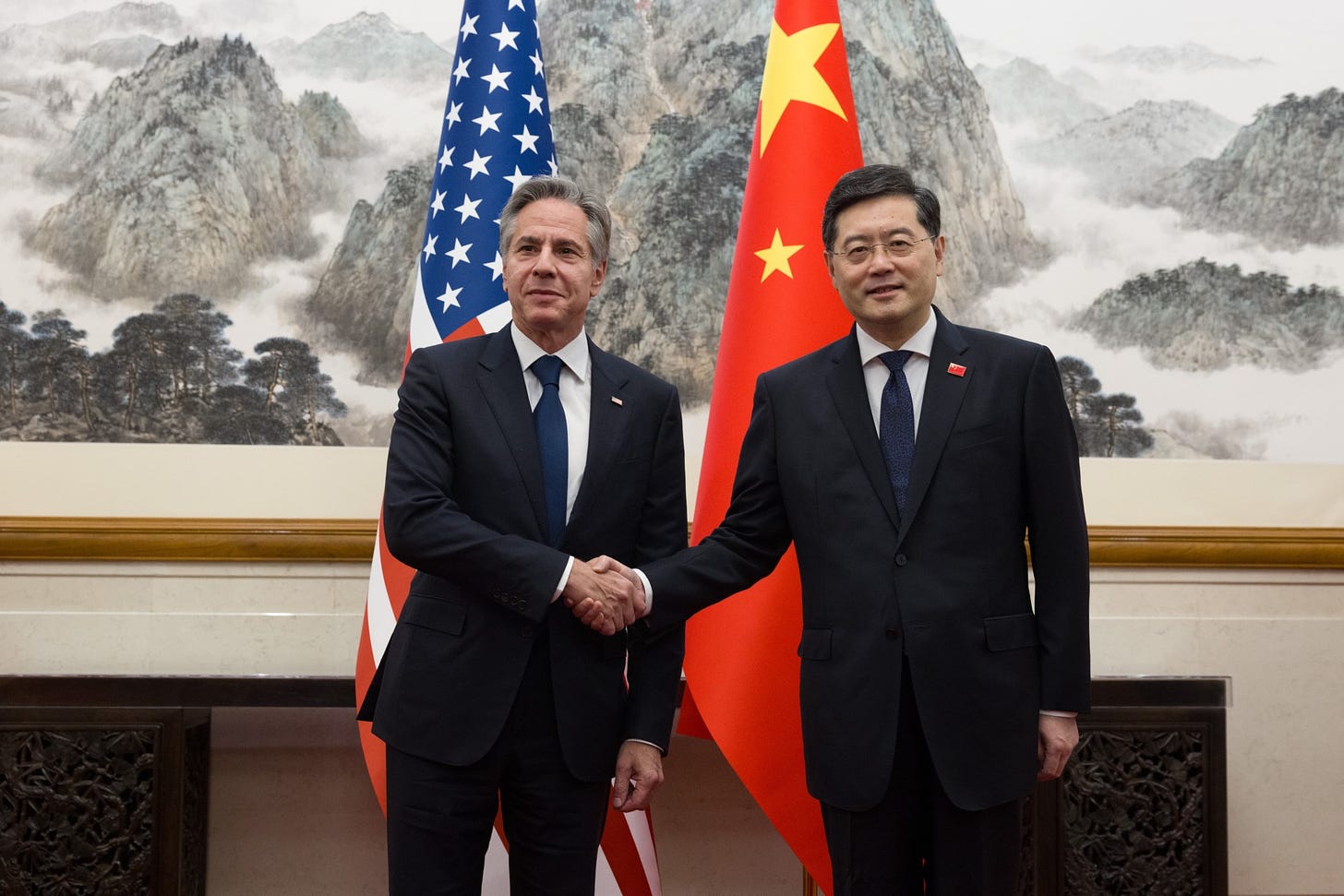Since the People’s Republic of China (PRC) re-opened after COVID lockdowns early this year, a steady stream of senior U.S. officials, foreign leaders, and corporate executives have traveled to China or sought other face-to-face engagements with PRC counterparts.
1 The U.S government has emphasized that “intense competition requires intense and tough diplomacy.” Both government and business leaders likely aim to use face-to-face meetings to strengthen their competitive edge in their respective domains and provide a degree of stability amid geopolitical tensions.
More important than the meeting itself, however, is understanding the context and leveraging it for national or business advantage. U.S. and PRC diplomats famously battle over every detail of protocol for these meetings, from negotiating the right government level under which to conduct a meeting, to the logistics surrounding the stairs to plane and deplane from official aircraft. These dynamics are not new: decades of experience negotiating with the PRC since the 1970s should make Americans cognizant of Beijing's skill shaping optics and narratives and wary of taking its words at face value.
President Nixon’s visit to China – and historic handshake with Mao Zedong – paved the way for modern U.S.-PRC engagement. Source: U.S. National Archives (1972)
Secretary Blinken met with PRC Foreign Minister Qin Gang in June. Minister Qin has since been ousted by the CCP and replaced by Wang Yi, long-time top diplomat for the PRC. Source: U.S. Department of State (2023).
A Chinese slogan that became popular in the Mao era — 实事求是 (“seek truth from facts”) — captures the need to test theory against reality. During the PRC’s early years, the Chinese Communist Party (CCP) invoked the phrase to push its version of the “truth” – with tragic results in the form of mass starvation and poverty. Such narrative engineering continues today, as the CCP twists language to revise history and shape public opinion both inside and outside China. Foreign interlocutors encounter this in meetings with PRC diplomats and executives who, regardless of personal views, must adhere to the CCP’s constructed and approved narrative – the “Party line” – and even demand that foreigners do likewise.
Those who pursue dialogue with the PRC would do well to do their own version of “seeking truth from facts.” Learning to spot and interpret common CCP propaganda tropes can help foreign interlocutors avoid falling into traps and developing unrealistic expectations. After all, CCP propaganda is not only directed at PRC citizens – its target is global.
Here are some frequently-used CCP expressions of the “truth” – alongside our effort to decode the underlying message:



No comments:
Post a Comment